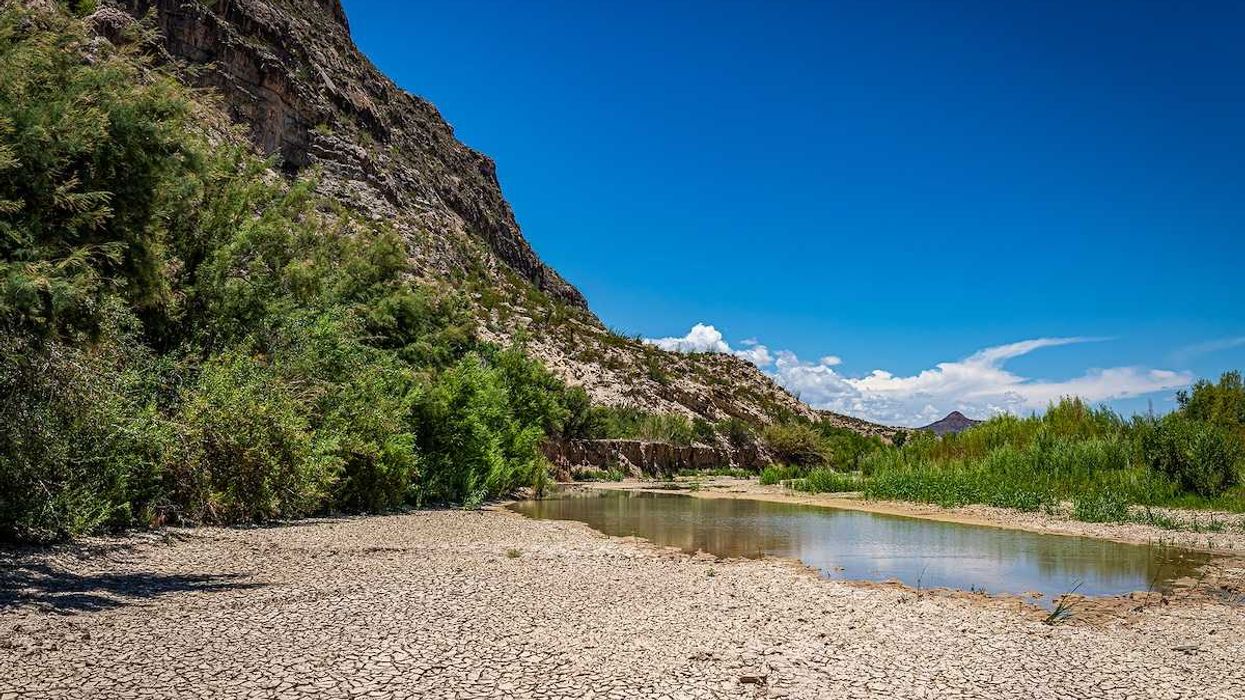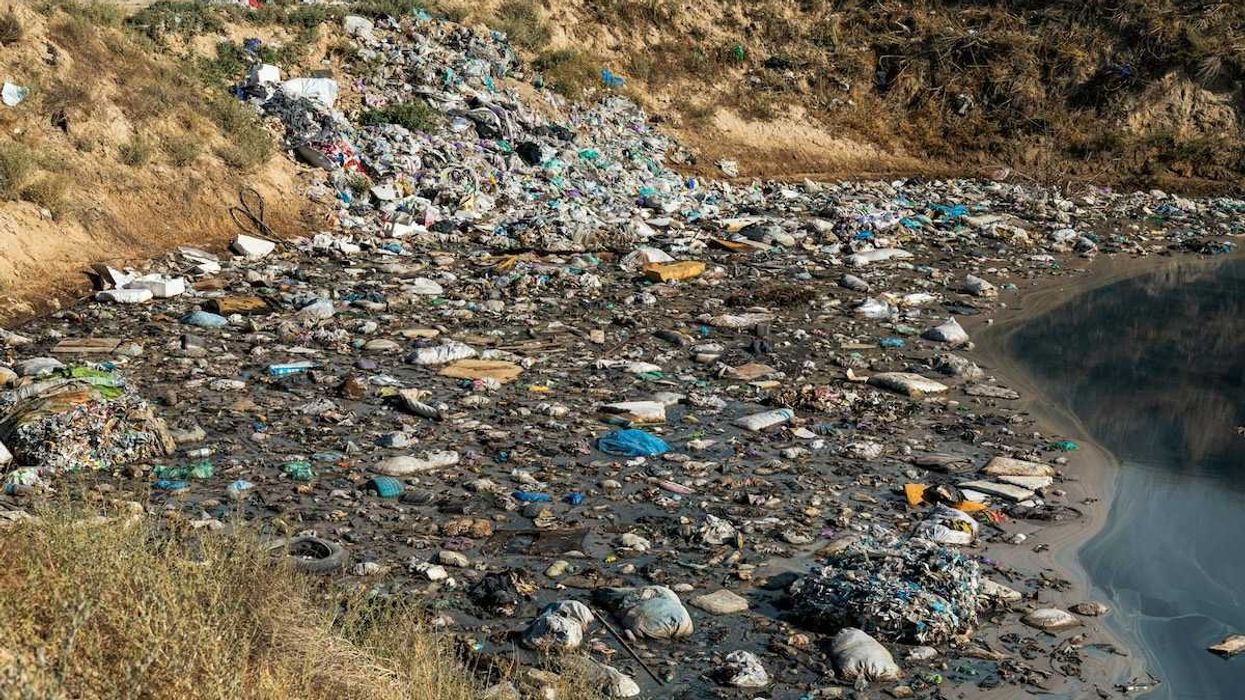The U.S. Department of Agriculture (USDA) will stop using race- and gender-based criteria for farm aid programs, ending decades of targeted support for Black and other minority farmers.
Aallyah Wright reports for The Guardian.
In short:
- The USDA is eliminating the “socially disadvantaged” designation created in the 1990 Farm Bill, which directed resources to farmers historically subjected to discrimination.
- Officials say the change follows President Trump’s executive orders ending diversity, equity, and inclusion mandates, framing the move as a return to merit-based programs.
- Black farmers and Democratic lawmakers warn the policy will worsen inequities, citing the USDA’s long history of excluding farmers of color from loans and grants.
Key quote:
“It’s no secret that the department has a long history of locking out and leaving behind Black, brown, and Indigenous farmers.”
— Shontel Brown, Democratic representative from Ohio
Why this matters:
Black farmers once made up a significant share of U.S. agriculture but now represent about 1% of farmers, in part due to discriminatory lending and land policies by federal agencies. Programs designed to repair that harm have helped some regain access to credit and training, though disparities persist in crop insurance, disaster relief, and conservation funding. Removing targeted support may deepen these gaps, especially in rural communities where farming is the primary source of income. The decision also comes as farm debt climbs and extreme weather adds stress to already thin profit margins, raising questions about who will survive in an industry facing consolidation and climate pressures.
Related: Opinion: The global food system is failing small-scale farmers — here’s how to fix it














